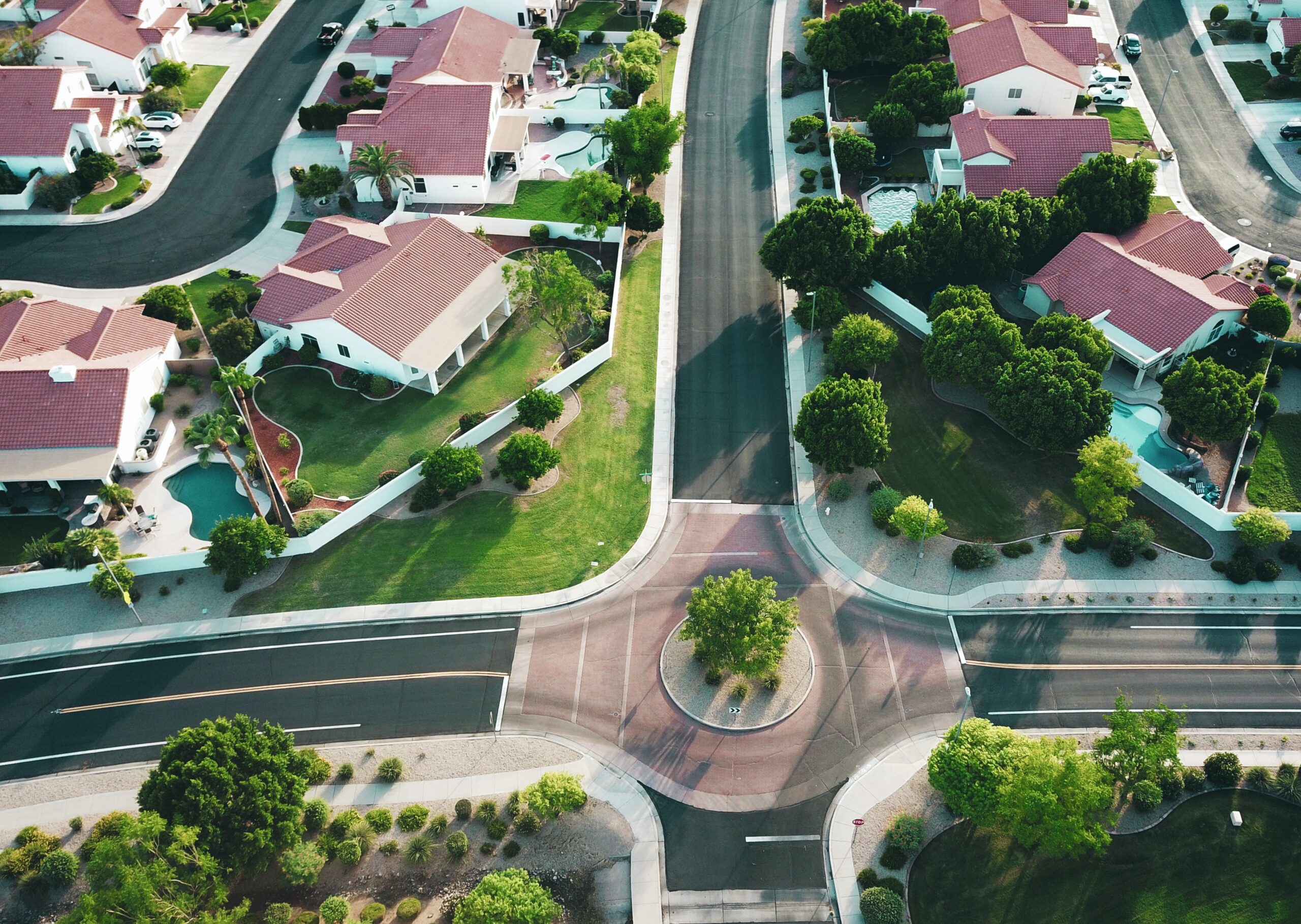
Owning a home is a significant milestone in one’s life, symbolizing stability, investment, and a sanctuary to call one’s own. While the allure of a charming house may be the initial draw, the success and sustainability of a community often hinge on the strength of its Homeowner’s Association (HOA). A well-organized and effective HOA can be the backbone of a neighborhood, fostering a sense of community, maintaining property values, and ensuring harmonious living for all residents.
The Community Fabric: Building Bonds through HOA
A robust Homeowner’s Association serves as the glue that binds residents together, creating a shared sense of identity and purpose. It provides a platform for neighbors to connect, collaborate, and address common concerns. Regular community events, such as social gatherings, neighborhood clean-ups, and block parties, are orchestrated by the HOA, fostering a strong community spirit.
The importance of social cohesion cannot be overstated. Strong neighborly bonds contribute to a safer environment, as residents are more likely to look out for one another. In times of crisis, be it a natural disaster or a community-wide issue, a well-functioning HOA can organize and mobilize resources efficiently, ensuring that residents feel supported and secure.
Preserving Property Values: The HOA’s Role in Maintenance and Enhancement
Beyond the intangible benefits of community, a good Homeowner’s Association plays a pivotal role in preserving and enhancing property values. The association is tasked with enforcing community guidelines and architectural standards, ensuring that homes are well-maintained and adhere to a consistent aesthetic.
This commitment to upkeep extends beyond individual properties to the overall appearance of the neighborhood. Common areas, landscaping, and shared amenities fall under the purview of the HOA, and a proactive approach to maintenance ensures that the community remains visually appealing and inviting. As a result, property values are protected and even have the potential to appreciate over time, benefiting all homeowners.
Navigating Disputes and Maintaining Harmony
Living in close proximity to others can sometimes lead to conflicts and disputes. A well-structured HOA acts as a mediator, providing a framework for conflict resolution and dispute management. Clear guidelines and established procedures for handling disagreements can prevent minor issues from escalating into major disputes, preserving the overall harmony of the community.
Moreover, the HOA serves as a regulatory body, ensuring that residents adhere to community rules and bylaws. This not only maintains order but also prevents actions by one homeowner from negatively impacting the entire community. From noise complaints to architectural disputes, a responsive HOA can address issues swiftly and fairly, creating an environment where everyone feels heard and respected.
Financial Stewardship: Transparency and Accountability
One of the key responsibilities of a Homeowner’s Association is financial management. Collecting dues, budgeting for maintenance and improvements, and maintaining financial records are integral tasks that require transparency and accountability. A good HOA communicates openly with residents about financial matters, providing detailed reports on expenditures, reserve funds, and upcoming projects.
Transparency builds trust among residents, ensuring that everyone understands how their dues are being utilized to enhance the community. An HOA with a well-managed budget can fund necessary repairs, improvements, and community events without straining the finances of its residents. Additionally, a robust financial foundation allows the HOA to plan for the future, anticipating potential challenges and ensuring the long-term stability of the community.
What to Look For in a Homeowner’s Association
When considering a property in a community with an HOA, it’s crucial to assess the association’s effectiveness. Here are some key factors to consider:
- Clear and Fair Rules: A good HOA has well-defined rules and regulations that are fair, reasonable, and clearly communicated to all residents.
- Transparent Finances: Look for an HOA that provides transparent financial records and communicates effectively about budgeting and expenditures.
- Active Community Engagement: An engaged HOA organizes regular community events, encourages resident involvement, and fosters a sense of belonging.
- Effective Conflict Resolution: Investigate the HOA’s approach to conflict resolution, ensuring that there are fair and efficient mechanisms in place.
- Proactive Maintenance: A successful HOA takes a proactive approach to maintenance, ensuring that the community’s common areas and amenities are well-kept.
- Long-Term Planning: Consider an HOA that plans for the future, maintaining reserve funds for unexpected expenses and long-term projects.
- Responsive Leadership: An effective HOA is led by individuals who are responsive to residents’ concerns, open to feedback, and dedicated to the overall well-being of the community.
In conclusion, a good Homeowner’s Association is a linchpin for the prosperity and well-being of a community. From fostering a strong sense of community to preserving property values and navigating disputes, the positive impact of a well-organized HOA is far-reaching. When considering a home in a community with an HOA, careful examination of the association’s practices and policies is essential to ensuring a harmonious and thriving living environment for years to come.


